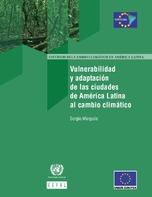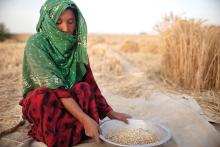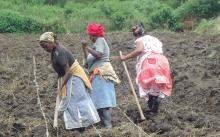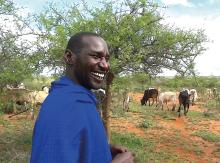Land Library Search
Through our robust search engine, you can search for any item of the over 73,000 highly curated resources in the Land Library.
If you would like to find an overview of what is possible, feel free to peruse the Search Guide.
/ library resources
Showing items 28 through 36 of 597.El objetivo de este estudio es realizar una revisión teórica y empírica de los procesos de mitigación y adaptación al cambio climático en áreas urbanas enfocándose en América Latina.
Este documento fue elaborado por el Foro de Ministros y Autoridades Máximas de la Vivienda y el Urbanismo de América Latina y el Caribe (MINURVI), con la colaboración de la Unidad de Asentamientos Humanos de la División de Desarrollo Sostenible y Asentamientos Humanos de la Comisión Económica par
This document was prepared by the Forum of Ministers and High Authorities of Housing and Urban Development of Latin America and the Caribbean (MINURVI), with the collaboration of the Human Settlements Unit of the Sustainable Development and Human Settlements Division of the Economic Commission fo
Land and associated property is a major source of individuals’ identity and livelihood.
It is widely accepted among economists and policy-makers that secure and well-defined land property rights are integral to poverty alleviation and economic prosperity. But how do legal systems, land tenure and economic development really relate to one another?
Access to land is key to achieving food security, poverty alleviation, social equity and environmental protection. A brief insight in land governance-related principles and policies of the German development assistance.
Following the end of apartheid, South Africa’s government set itself ambitious goals with a planned land reform. However, there have since been barely any changes in the country’s agricultural structure, and the positive impacts that were hoped for on rural livelihoods have hardly materialised.
Indigenous Peoples and local communities hold a large share of the world’s land area under customary systems. However, there is a tremendous gap between what is held by communities in practice and what is formally recognised by governments.
The year 2016 marks 15 years since the new wave land reforms became operational in Tanzania. Despite its ambitious goals – encouraging land registration and titling, and empowering women and other vulnerable groups – the results are disillusioning.








